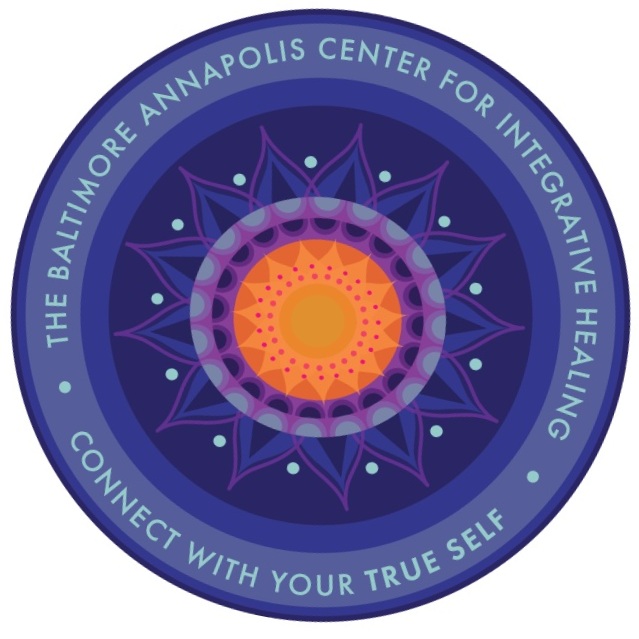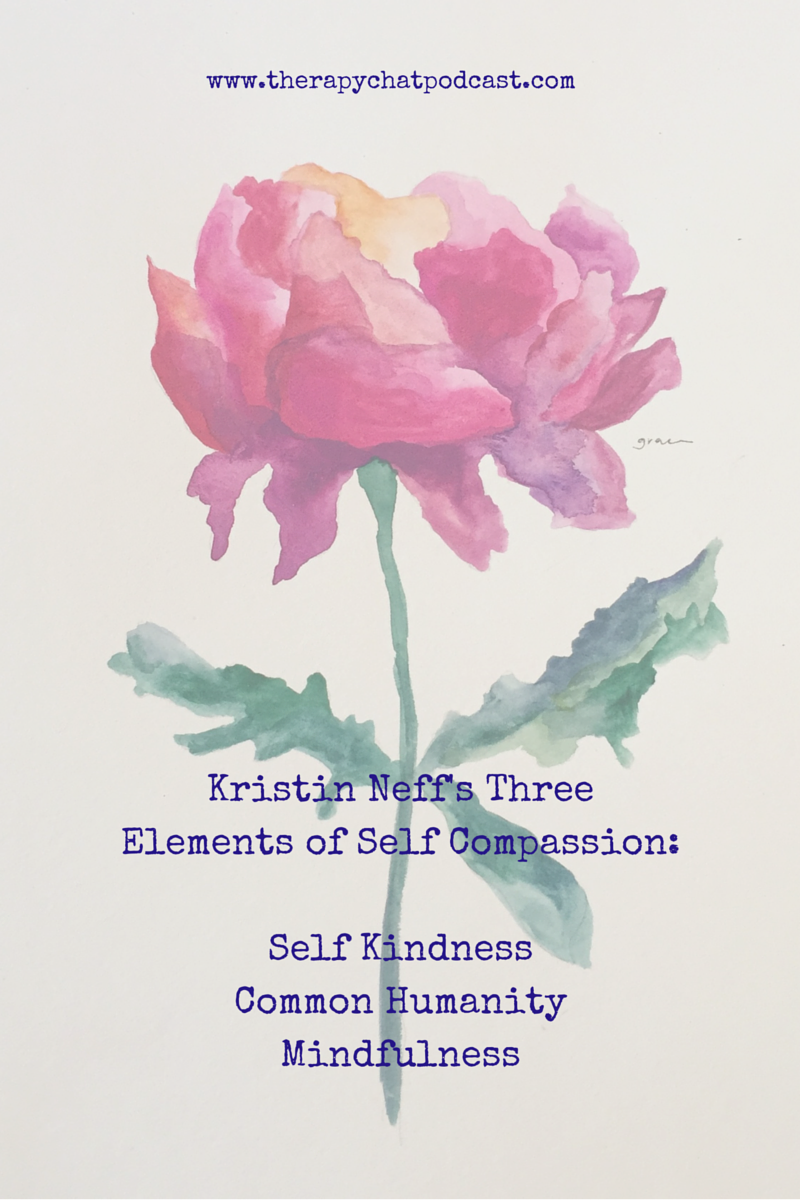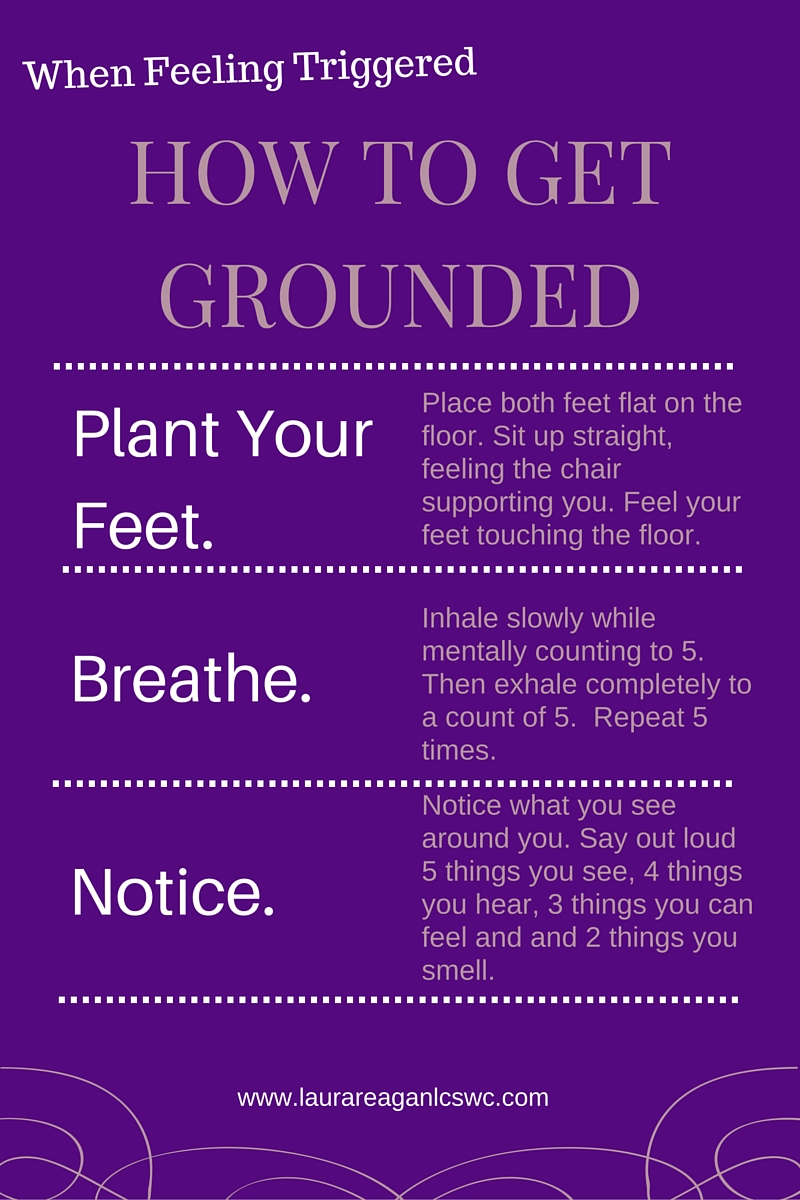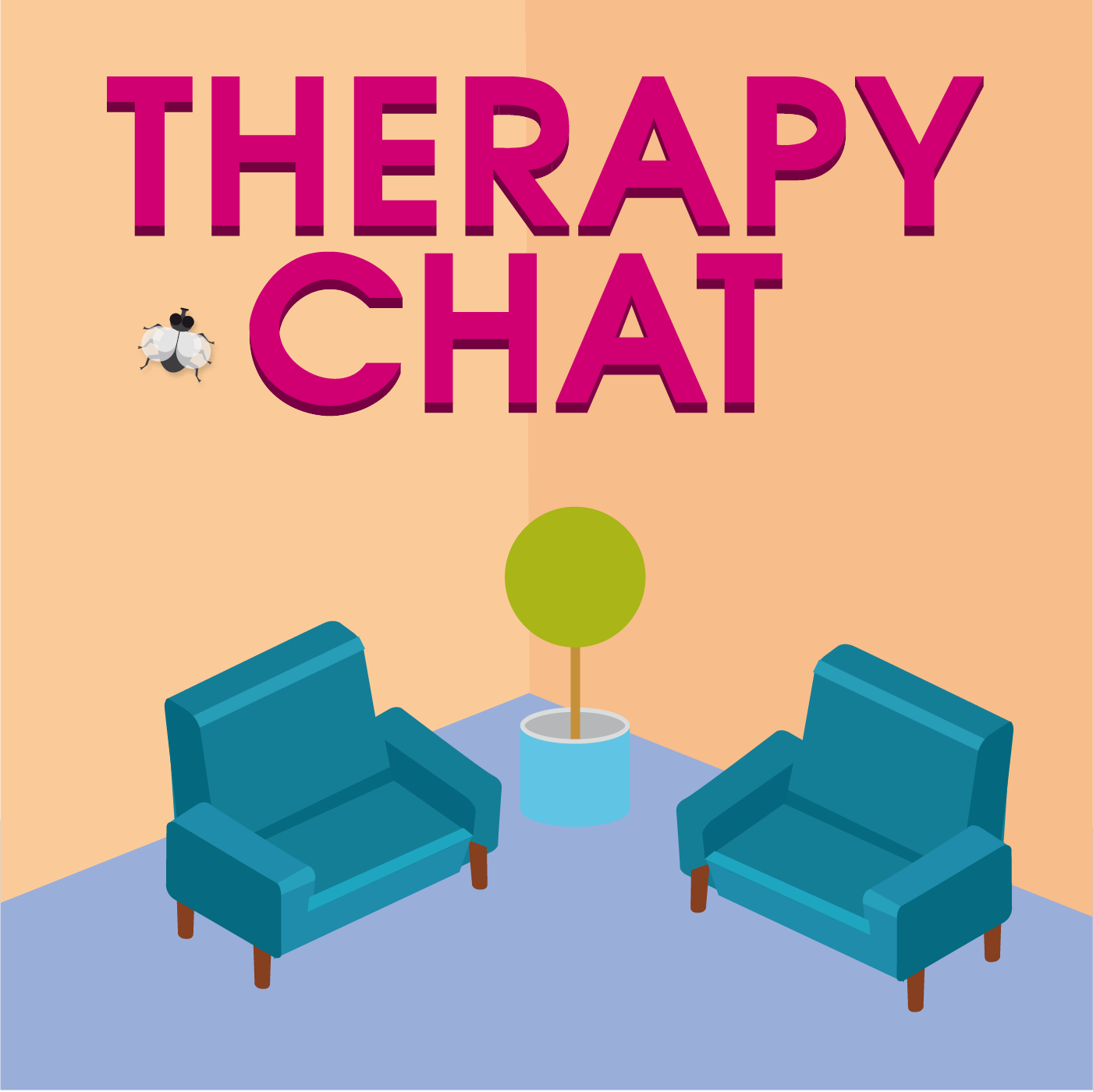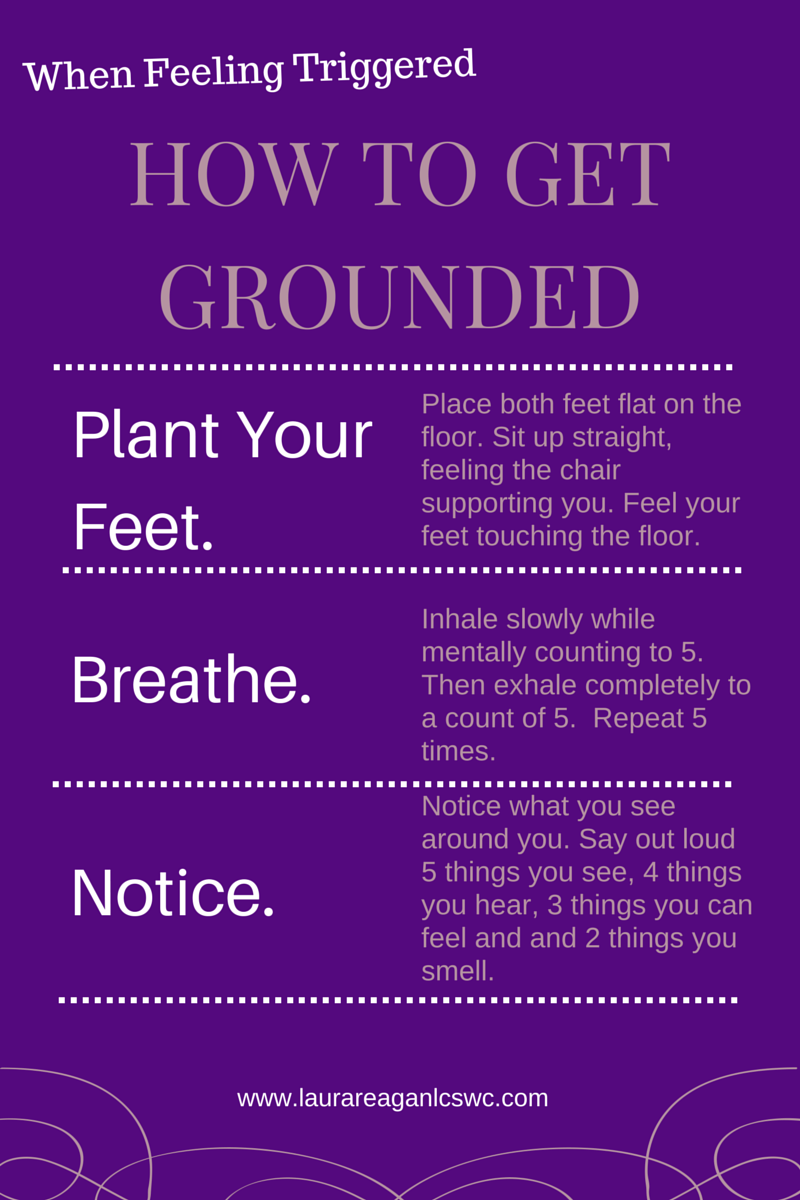Apps for Mindfulness
Insight Timer Susan Faurot, MSC, LMFT in California recommends this app. It is available for Apple and Android. You can set the timer for the period you want to meditate, and the app rings a Tibetan singing bowl sound to let you know when the time is up.
Another who recommends this app is Helen Caldwell, LCSW in Long Beach, CA. Helen states, "Insight Timer is a wonderful app for mindfulness meditation for beginners through those with more practice experience. I love that you can pick different styles of meditation bells to prompt the beginning and end of your silent meditation. The app also includes guided meditations by experts in the field."
Calm I learned about this app from Kelly Higdon, LMFT in Laguna Hills, California. Can I just say...I LOVE THIS APP!!! It's a new favorite. As I wrote this article I wanted to do a little research on the app - Kelly didn't say much about it - so I looked up the website (www.calm.com) and immediately I was drawn in.
I'm a huge fan of the beach. It's definitely my happy place, where I feel relaxed, peaceful, calm, joyful and carefree. I was able to select a beach scene depicting an ocean at sunset, complete with the sights and sounds of waves crashing and seagulls. I was hooked immediately. You may have a different happy place and that's okay, because there are over a dozen to choose from. I'd like to have this on my computer screen at all times, but I fear I'd doze off because it is just so darn relaxing. In fact, I am listening to the waves crashing as I type this and I'm feeling very blissful. So thank you Kelly!
I hope you enjoy the app as much as I do, whether you use it on your mobile device or on your computer. In addition to the relaxing sights and sounds of the app, you can choose to use it for meditation. For beginners there is a 7 day introduction to mindfulness which guides you through starting a daily meditation practice and includes daily reminders. I started the 7 day intro today, since I do not meditate as regularly as I would like. Look for an update in a future post on how well that worked for me.
Study - recommended by Amy Sugeno, LCSW in Marble Falls, Texas, who says, "Study (free for Android and Apple)..is 45 minutes of nature and bird sounds that are supposed to help relieve stress, block out distractions (like at work or school), and increase productivity. After 45 minutes, it suggests you take a short break - sometimes it helps to just have that reminder!"
Looking for more recommendations? Also, Mindful magazine posted this list which includes their review of Headspace along with a couple others.
Apps for Sleep
Relax Melodies - recommended by Fresno, CA therapist Patty Behrens, LMFT, who states, " Relax Melodies is an app I have recommended to clients to calm themselves and for sleep. It has a variety of different sounds you can layer onto each other, binaural beats for relaxation or concentration and a timer to go off on its own." Sounds like another one I'd like to try!
Omvana - this is one I have used personally and I often recommend to clients. You can choose from several different relaxing sounds of varying lengths, put them on a timer so your device isn't running the app all night long, and it has a mixer. Some of the content is free and additional content can be downloaded for a fee. The app includes guided meditations in addition to the soothing sleep sounds.
Sleep Cycle and Sleep Bot - both of these are recommended by my colleague Erin Findley, Psy.D., in San Francisco, CA. Erin writes, "I really like Sleep Cycle and Sleep Bot. Personally, I prefer Sleep Cycle, but the two useful things Sleep Bot does that Sleep Cycle doesn't is it tracks your sleep debt, and it also can record sound above a certain level at night if you're wondering if you're snoring, sleep talking, etc."
Apps for Fitness
Keeping our bodies healthy is such an important part of self care. After all, if your body stops working, you are forced to take care of it, whether you want to or not. Better yet, keep it healthy day after day and hopefully it will be strong for you throughout your lifetime. This is something I can do better with, but I try to remain focused on getting regular exercise. When I'm consistent with exercise I reap the rewards physically and emotionally. It's never too late to start or re-start healthy habits.
Yoga Studio Another app recommended by Helen Caldwell, LCSW. "This is a wonderful app that allows you to take a yoga class from the comfort of your home, office or anywhere you have your smart phone or tablet. You can take a quick 15 minute, 30 minute, or hour class at varying levels. You can even make up your own class based on your favorite poses," Helen explains. This sounds very useful, definitely something I'd like to try!
Up Alicia Taverner, LMFT in Rancho Cucamonga, CA, recommends this app. Alicia says, "I use the jawbone up24 with the app and I absolutely love it! It tracks your sleep patterns and steps throughout the day and vibrates to remind you when you need to get moving." I actually have the Jawbone Up fitness tracker as well, and was using it with the app for a while, but I got off track. Time to get back to it!
My Fitness Pal is another app I've used for tracking healthy eating and exercise. It works with various trackers but you can use it without them as well, by entering the information manually. It also has exercise routines, tips and healthy recipes.
Apps for Inspiration
Louise Hay's Affirmation Meditations I use this app personally and with clients. Affirmations can be very effective at injecting some positive self-talk into the constant chatter going on in our heads. Many people know Louise Hay as a founder of the self-help movement. She has done so much to promote positive thinking and healing, and I find this app to be easy to use, effective and inspirational. It is free but some paid content is available as well.
5 Minute Journal: A third recommendation by Helen Caldwell, LCSW in California. Helen says, "I often recommend the practice of journaling but some clients find the practice daunting and benefit from prompts. This app requires little time. Under 5 minutes! The app prompts you to write in the morning and then again in the evening. There's an inspiring quote as soon as you open the app. The app focuses on gratitude, positive affirmations and short term goal setting."
I love the focus on gratitude, which is a path to joy and can be a type of mindfulness practice, as well. And I'm a sucker for inspirational quotes. I'm definitely downloading this one.
Other Apps for Self Care
Intend - Susan Faurot, MSC, LMFT recommends this one, saying "Intend is really cool!" As I understand it, Intend helps remind you of intentions you set. For example, if your intention is to feel more confident, you can program the app to send you random reminders throughout the day such as, "be confident."
Virtual Hope Box This app, which was developed by the Department of Defense and the VA, is pretty awesome. I can't believe it is free, considering the breadth of what it offers. Amy Sugeno, LCSW praised this app, saying, "I love the Virtual Hope Box by t2Health for Android and Apple (free). It gives several immediate options for coping with stress and regulating your emotions - distraction, meditation, relaxation, etc."
I have to agree with Amy. I've recommended this app to clients for help coping with trauma symptoms. You can upload photos of important people, your favorite songs, inspirational quotes, videos, and so much more to personalize the app with things that you find comforting.
